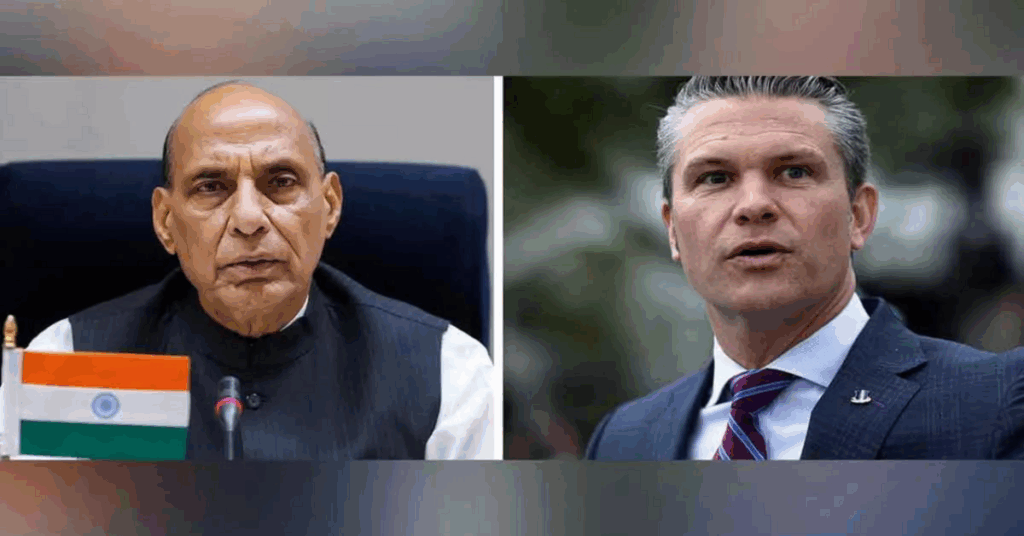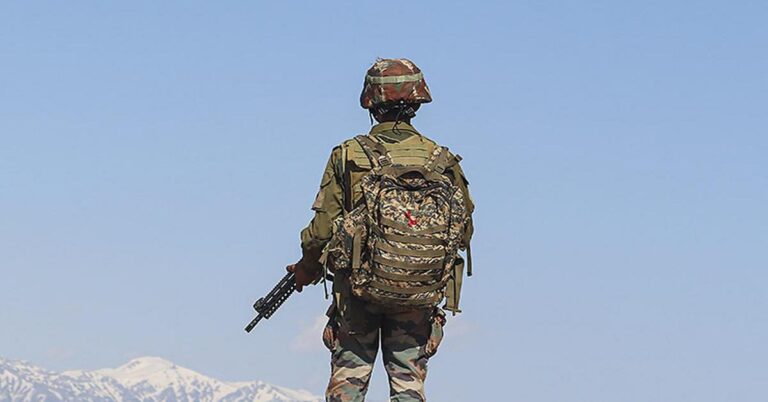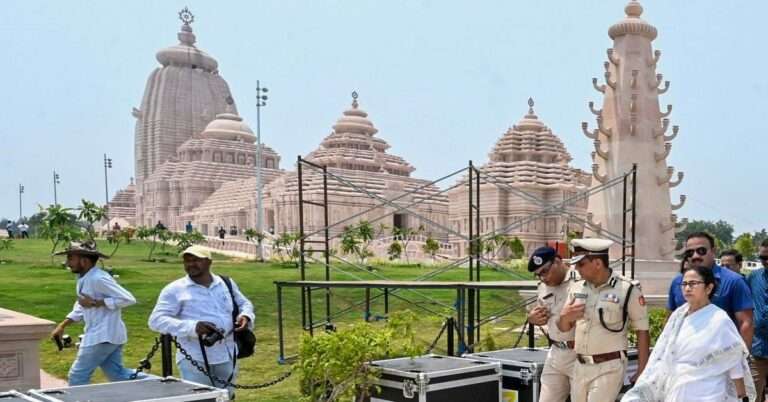
Rajnath Singh speaks to US counterpart amid rising tensions with Pakistan
Blog Post
Title: “Rajnath Singh’s Phone Call to US Counterpart Amid Tensions with Pakistan”
In recent news, tensions between India and Pakistan have been on the rise following the Pahalgam attack. To address the escalating situation, Rajnath Singh, the Defence Minister of India, reached out to his US counterpart, Pete Hegseth, in a phone call aimed at navigating the delicate geopolitical landscape.
This move comes at a critical juncture, with both countries engaged in a game of diplomatic chess, as the world watches closely for any signs of a potential conflict. The significance of this phone call cannot be understated, as it represents a diplomatic effort to de-escalate tensions and promote peaceful resolutions to the ongoing crisis.
In their conversation, Singh and Hegseth discussed the current state of affairs in the region, exchanging insights and perspectives on how to best approach the situation. Their dialogue underscores the importance of international cooperation in times of uncertainty, demonstrating a commitment to dialogue and diplomacy over aggression and hostility.
As we navigate these turbulent waters, it is crucial to remember the impact of such interactions on the lives of ordinary people. Behind the headlines and political posturing, there are real individuals whose lives are affected by the decisions made by leaders in power. It is these human stories that remind us of the stakes at hand and the importance of finding peaceful resolutions to conflicts.
The phone call between Rajnath Singh and Pete Hegseth serves as a reminder of the power of communication in fostering understanding and cooperation. By engaging in dialogue rather than resorting to confrontation, both countries have the opportunity to defuse tensions and work towards a more stable and peaceful future for all involved.
In a world where conflicts can quickly escalate into full-blown crises, it is imperative that leaders prioritize diplomacy and dialogue as the primary means of resolving disputes. By reaching out to their counterparts across the globe, they demonstrate a willingness to engage in constructive conversations that can lead to mutual understanding and, ultimately, peace.
As we reflect on the recent developments in the India-Pakistan conflict, it is essential to consider the broader implications of these tensions on the global stage. The repercussions of a potential conflict between these nuclear-armed neighbors would have far-reaching consequences, affecting not only the region but also the entire world.
In conclusion, the phone call between Rajnath Singh and Pete Hegseth serves as a beacon of hope in a sea of uncertainty. By choosing dialogue over discord, they exemplify the power of diplomacy in resolving conflicts and promoting peace. As we look towards the future, let us remember the importance of communication in building bridges and fostering understanding between nations.




